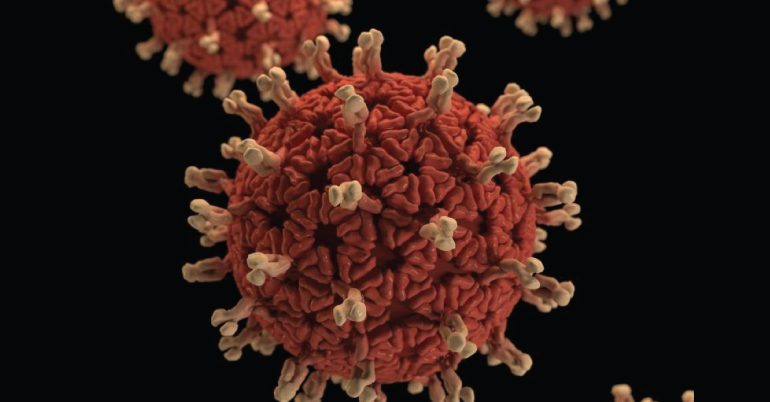Zoonotic diseases like COVID-19, caused by the SARS-CoV-2 virus, present new challenges to human health and the environment. Many of the world’s modern diseases began as zoonoses. One estimate suggests that 75% of emerging pathogens are zoonotic in origin.
As human-wildlife contact increases—whether through habitat encroachment or poaching—new zoonotic pathogens are bound to emerge. Over the last several decades, the risk of spillover of these pathogens into the human population has rapidly increased, driven by land-use change, such as deforestation; the wildlife trade and wild meat consumption; climate change; and the intensification of industrial animal agriculture.
Looking for fully-funded opportunities, install the Youth Opportunities Android or iOS App here.
Over the past decade, the public health community has begun to tackle the problem of zoonoses through a lens that combines human and environmental health known as “One Health.” The U.S. Centers for Disease Control and Prevention (CDC) define this as a collaborative and transdisciplinary approach with an objective to recognize “the interconnection between people, animals, plants and their shared environment.” As the COVID-19 pandemic has demonstrated, combatting virulent diseases requires a focus on wildlife habitats as much as it does an equitable vaccine rollout.
To raise public awareness of the root causes of zoonotic diseases and ways to prevent the next zoonotic disease outbreak, they would like to focus this current call for story pitches on zoonoses and, specifically, the One Health approach that scientists, public health professionals and others are taking toward identifying and preventing zoonotic disease.
Benefits
- This Program Covers Staff, Travel, Lodging, Meals, Facilities, Equipment, Supplies and Overhead Costs.
- This self-paced e-learning course aims to strengthen journalists’ understanding of the science and relevant data on zoonotic diseases, and their skills in reporting on the subject.
- They are seeking to support both early-career and senior journalists with many years of reporting experience.
Eligibilities
- Stories can be produced in any language, but they ask that that the application be submitted in English.
- Applicants who will produce non-English stories should provide an English translation; the cost for translation could be included in the proposed budget.
- All applicants are strongly encouraged, but not mandated, to complete EJN’s zoonotic disease online course and the accompanying tutorial on developing data stories before submitting their proposal to EJN.
- Applications are open to journalists working in any medium (online, print, television, radio) and other expert media practitioners with reporting experience and a history of covering environmental issues.
- They will also accept applications from health journalists interested in focusing on the public health impacts of zoonotic diseases and the One Health approach.
- They encourage applications from both staff and freelance reporters from all types of media organizations—international, national, local and community-based.
- They ask that your reporting proposal be targeted to the audience your publication will reach.
Application Process
- If you have an existing account, you’ll need to log in. If not, you must register for an account by clicking “Join the Network” on the top right of the page.
- If you start the application and want to come back and complete it later, you can click ‘Save Draft.’ To return to the draft, you’ll need to go back to the opportunity and click ‘Apply now’ again to finalize the application.
- Applications should provide a detailed budget with justification for the amount requested. Download the budget template.They expect that proposals will largely rely on the use of equipment the applicant already has access to (including cameras, drones, lighting, tripods, etc.) and will not consider budgets that heavily focus on procuring new supplies. They will consider some costs for the reporters’ salary, particularly if the applicant is a freelancer, but this should be a small portion of the total budget. Please include the cost for translation, if necessary. Please also note on your budget form if you are receiving funding from any other donors for the story.
- You must submit two samples of stories or links to relevant work. You’ll be asked to upload these as part of the application process.
Looking for fully-funded opportunities, install the Youth Opportunities Android or iOS App here.
Application Deadline: August 15, 2021
Application ClosedOfficial link










